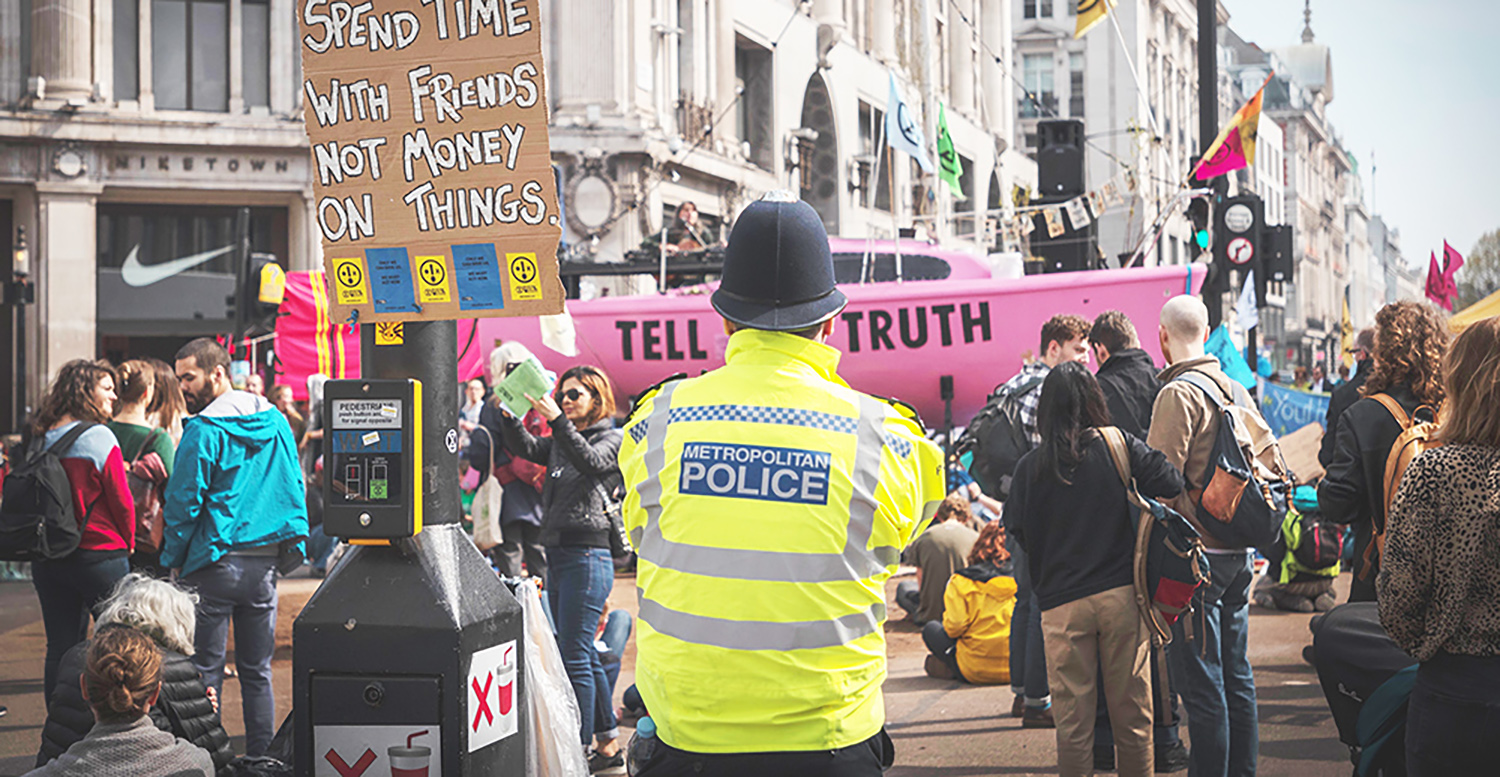What the ER protests and the fintech revolution and regulatory changes like Open Banking have done is provide a jolt to people’s consciousness. Suddenly, different ways of working and living seem attainable. The shift in opinion and consequently thinking charts a new direction.
To compare finance to climate change is apples and oranges, of course -- but there’s a universal kernel of truth embedded in what’s happened in both instances. The public no longer fears systemic change like they used to.
The horse has shot out of the gate. The entrenched ways of doing things are untenable and anachronistic. And businesses and banks who cling tightly to what was rather adapting to what’s coming will struggle.
New world of finance
It doesn’t have to be apocalyptic, though! The new world of finance is taking shape already. Best of breed financial solutions are emerging from a myriad of institutions, changing the business finance landscape for SMEs.
This is a story of progress, not regress. We’ve witnessed it first hand at Capitalise: As high street banks have closed almost 3,000 branches across the UK between 2015 and 2018, accountants have stepped up to the plate as sources of trusted financial advice.
Aristotle famously said that nature abhors a vacuum. An incipient void, he argued, would always be filled by something. Aristotle’s simplistic grasp of physics aside (he did live over two millennia ago, to be fair!), we can find comfort in this idea.
Yes, the old way is disappearing -- but what’s next won’t be a featureless void. Something else will fill it. What ‘it’ is doesn’t have to be bad. It could be better, kinder, simpler and more efficient, too.
For banks and businesses, the cold pursuit of profit will no longer suffice. As Colin Mayer argues, the monomaniacal focus on maximising shareholder profit pervades our thinking and teaching about business but it has harmed “our economies, environment, politics, and societies”.
This is not a time to be frightened or to shirk our responsibilities. Thanks to an awakening of our collective imaginations, it’s not only possible to envision a better world but to actively take part in making it a reality.
Take an active part in the new work of accounting, become the Bank Manager 2.0
 United Kingdom
United Kingdom  South Africa
South Africa 

